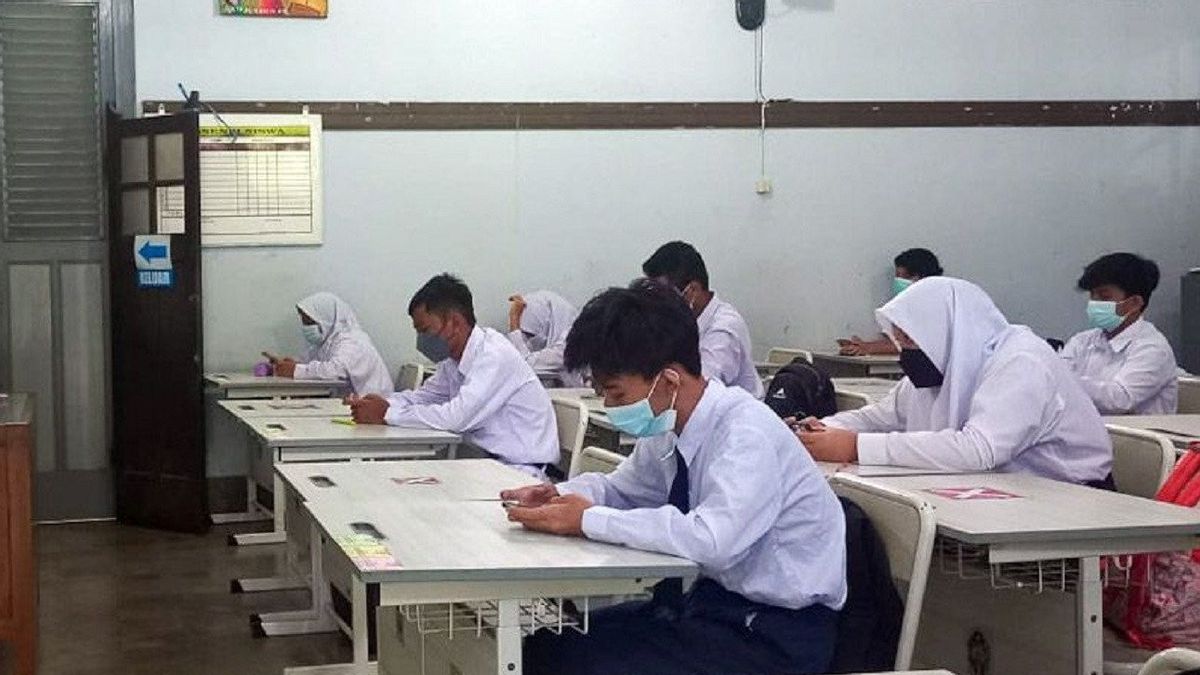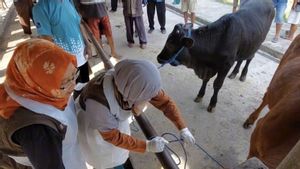JAKARTA - The Ministry of Education, Culture, Research, and Technology (Kemendikbudristek) is trying to solve three main problems through the Draft Law on the National Education System (RUU Sisdiknas).
This was conveyed by the Head of the Standard, Curriculum, and Education Assessment Agency (BSKAP) of the Ministry of Education and Culture, Anindito Aditomo, in the seminar "Expert and Improve the Sisdiknas Bill" at the Jakarta State University (UNJ).
"There are three main problems, three urgencys, that want to be solved through this bill. The first is the problem of inequality, the second is about the low quality, and the strength of bureaucratic culture in our education system, and the third is about the welfare and quality of teachers," he said in Jakarta, Thursday, September 22.
He considered that it was time for the Indonesian people to seriously address the problem of the gap in education, especially between socio-economic groups.
"We have been detecting this gap for a long time. This is something we all know. The existence of the COVID-19 pandemic has significantly exacerbated the problem of inequality," said Anindito, quoted by Antara.
Based on data from the Ministry of Education and Culture, the results of learning for students who come from middle and upper families are two years apart, even though they sit at the same level.
Regarding the quality of education, Anindito said, Indonesia has been able to provide access to almost all children aged and required to study at the elementary and junior high school levels. Even at the high school level, Indonesia has experienced extraordinary progress in the last 20 years.
He admits, Indonesia still has to make improvements in terms of ensuring that children really have the opportunity to learn, grow, and develop while in school.
"This is something I think we all agree that it's time for us to do systematic and basic things to address our low quality issues," he said.
He said that one of the roots of it is bureaucratic culture, which dominates education units and education systems in general.
Regarding the third issue of teacher welfare, Anindito said, there are still around 1.6 million teachers who have not yet received a decent income because they are still lining up to get certification as educators.
The English, Chinese, Japanese, Arabic, and French versions are automatically generated by the AI. So there may still be inaccuracies in translating, please always see Indonesian as our main language. (system supported by DigitalSiber.id)













